
How are Mushroom Gummies Legal?
Mushroom gummies are only fully legal if they contain functional mushrooms like reishi or lion's mane, which are non-psychoactive and classified as dietary supplements. Gummies with psilocybin, the psychoactive compound found in "magic mushrooms," remain federally illegal but are decriminalized or legalized in certain U.S. states and cities.

Mushroom gummies are a skyrocketing trend in the health and wellness space, and are found both online and in brick and mortal retail shops. They are being marketed as supplements for supporting mental clarity, boosting immunity and energy, and even relaxation. Simultaneously, there is a huge rise in the underground Schedule I narcotic... gummies made using "magic mushrooms".
Many users are extremely confused on the legality of mushroom gummies, which depends heavily on the type of mushroom in question.
Broadly speaking, mushrooms used in gummies fall into two categories: "magic mushrooms" and "functional mushrooms."
Each has a distinct legal status in the U.S., shaped by their chemical properties, uses, and regulatory frameworks.
Let's dig in.
Magic Mushrooms vs. Functional Mushrooms
In order to discuss the legality of mushroom gummies, it's integral to first discuss the differences of the two broad categories.
Magic Mushrooms:
Magic mushrooms contain psilocybin, a naturally occurring psychedelic compound known for its hallucinogenic effects.
Psilocybin is classified as a Schedule I substance under the Controlled Substances Act in the United States, making its possession, sale, and distribution highly illegal at the federal level.
Schedule I substances are defined as drugs with a high potential for abuse, no accepted medical use, and a lack of safety for use under medical supervision. These include heroin, LSD, MDMA and even THC gummies (yes, a little absurd with the last one... we know).
Despite federal restrictions, some states and cities are decriminalizing or even legalizing psilocybin for therapeutic or recreational purposes, creating a patchwork of legal statuses. We'll uncover these later on in this article.
Functional Mushrooms:
Functional mushrooms, on the other hand, include varieties like reishi, lion’s mane, cordyceps, and chaga, which are non-psychoactive and widely regarded as safe dietary supplements.
These mushrooms are known for their health benefits, such as improving cognitive function, reducing stress or even enhancing athletic performance.
Functional mushroom gummies are entirely legal across the U.S., provided the products comply with the FDA’s regulations on dietary supplements.
These are the types of gummies you can find on Amazon and in big box retailers like Target, GNC, etc.
Both categories of gummies are creating waves in the U.S. and beyond, blowing up in popularity. We'll discuss the legality of each, in detail, below.
- For more information on these two categories, check out our comprehensive article: What are Mushroom Gummies?
The Legality of Magic Mushrooms in the U.S.
At the federal level, psilocybin remains illegal. However, several states and cities have taken steps to decriminalize or legalize magic mushrooms under specific conditions:
1. Oregon:
Oregon was the first state to legalize the controlled therapeutic use of psilocybin through Measure 109, which passed in 2020. This law allows licensed professionals to administer psilocybin in supervised settings for mental health treatments.
The state is extremely progressive and has been leading the movement on the normalization of psilocybin usage. From a law enforcement perspective, a more libertarian point of view is taken and it doesn't seem to be a huge area of concentration.
2. Colorado:
In 2022, Colorado passed Proposition 122, which decriminalized psilocybin and other plant-based psychedelics like ibogaine and mescaline for personal use.
It also paved the way for licensed psilocybin therapy programs similar to Oregon’s model.
Colorado understands the potential therapeutic and spiritual benefits that shrooms may be able to provide.
3. California:
Cities like Oakland, Santa Cruz, and San Francisco have decriminalized the possession and use of psilocybin.
A statewide initiative to legalize psychedelics for therapeutic use is under consideration.
The bay area has always been a pioneer when it comes to the acceptance of psychoactive substances, as seen with the hippie movement in Haight-Ashbury in the 1960's.
4. Washington, D.C.:
In the nation’s capital, the use and possession of psilocybin are decriminalized under Initiative 81, passed in 2020.
This is a huge step in organization the de-scheduling of magic mushrooms on the federal level.
5. Massachusetts:
Some cities, such as Cambridge and Somerville, have decriminalized psilocybin. Statewide efforts to expand access are ongoing.
6. Other States with Local Decriminalization Efforts:
- Denver, Colorado, was the first U.S. city to decriminalize psilocybin in 2019.
- Ann Arbor, Michigan, and Seattle, Washington, have adopted similar measures.
The Legality of Functional Mushrooms in the U.S.
Functional mushrooms are legal across all 50 states. They are classified as dietary supplements, which means they are not subject to FDA approval unless they make specific health claims.
To note, the FDA classifies dietary supplements different from foods. Most mushrooms, like shiitake, maitake, and portobello, are classified as food and can be purchased without supplement fact panels.
Whereas functional mushrooms like reishi or lion’s mane must have supplement fact panels and are treated more stringently.
Regardless, they are all considered legal at the federal and state levels.
Companies producing functional mushroom gummies must adhere to good manufacturing practices (GMP) and ensure their products are free from contaminants or misleading claims.
Functional mushroom products are widely available and marketed as a natural way to enhance wellness without psychoactive effects.
How Brands Are Blurring the Lines Between Functional & Magic Mushrooms
While functional mushroom gummies are clearly legal, some brands are leveraging the "functional mushroom" trend to market products that actually contain psilocybin.
This practice operates in a legal gray area, particularly in states or cities where psilocybin is decriminalized.
1. Marketing Strategies:
Brands selling psilocybin products often avoid using explicit language that mentions "psilocybin" or "magic mushrooms." Instead, they describe their products as:
- "Non-psychoactive mushrooms"
- "Functional wellness supplements"
- "Herbal support for clarity and balance"
Or, they use innuendo or a psychedelic design to suggest that the product contains psilocybin without actually saying it. This vague language is intentional to bypass scrutiny from regulatory authorities and to prevent getting banned from advertising platforms like Meta, Google and TikTok.
2. Packaging Tactics:
To avoid detection, these brands use subtle or coded packaging. For instance:
- Labels might only list generic terms like "mushroom blend" without specifying psilocybin.
- Products are marketed in minimalist designs with neutral or earthy colors, blending in with legal functional mushroom supplements.
- QR codes or disclaimers redirect consumers to "educational" websites that explain the product’s true purpose.
3. Ad Platform Avoidance:
Advertising platforms like Facebook, Google, and Instagram ban ads promoting illegal substances. To circumvent these restrictions:
- Brands use indirect messaging, emphasizing wellness or natural living.
- Influencers and community marketing play a significant role in building awareness.
- Some operate entirely in the underground marketplace, relying on word-of-mouth and encrypted messaging apps.
The Rise of the Underground Marketplace
Psilocybin mushroom gummies are becoming increasingly accessible despite their federal prohibition.
This is largely due to the underground marketplace, which is gradually legitimizing itself through decriminalization and growing consumer demand for alternative therapies.
1. Legitimization Efforts:
Underground brands are beginning to adopt practices more typical of legitimate industries, such as:
- Offering lab testing to ensure purity and safety.
- Creating professional websites and customer support systems.
- Engaging with psychedelic advocacy organizations to push for broader legalization.
Much like the CBD gummies industry did when it first boomed in 2018, the mushroom gummy industry knows there is no regulating body or measures to follow, so they set up the safety parameters and standards on their own.
It is sort of like a black market privatization of regulation.
2. Public Interest in Psychedelics:
There is a growing public and scientific interest in the therapeutic potential of psilocybin for mental health conditions like depression, anxiety, and PTSD.
This interest has helped normalize discussions around magic mushrooms, giving underground sellers more confidence to operate openly in certain markets.
For the longest time magic shrooms were just seen as a "bad drug" that people used to "trip out". Putting a spot light on the potential therapeutic benefits helps with the legitimatization movement.
3. Risks of the Underground Market:
While some underground brands prioritize quality and safety, others do not. Without federal regulation, consumers face risks such as:
- Inaccurate labeling of psilocybin dosage.
- Contaminants or adulterants in products.
- Lack of accountability in case of adverse reactions.
In my opinion, it's better to regulate the industry and apply safety standards vs. keep it as a schedule I narcotic and allow the black market to continue to thrive without those measures.
Conclusion
The legality of mushroom gummies depends on whether they contain functional mushrooms or psilocybin.
Functional mushrooms are entirely legal and regulated as dietary supplements, whereas psilocybin remains federally prohibited, with limited state-level exceptions.
The rise of an underground marketplace for psilocybin products is a testament to the growing demand for alternative therapies and the shifting societal attitudes toward psychedelics.
As the legal landscape continues to evolve, consumers should exercise caution and conduct thorough research when purchasing mushroom gummies, particularly from brands that obscure the nature of their ingredients.
With ongoing advocacy and research, the future may hold broader legalization and regulation, bridging the gap between underground and mainstream markets for psilocybin-based products.

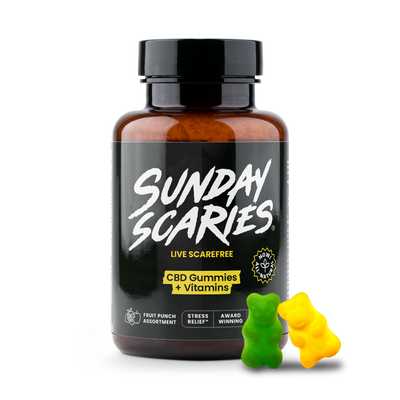 CBD Gummies
Stress Relief
CBD Gummies
Stress Relief
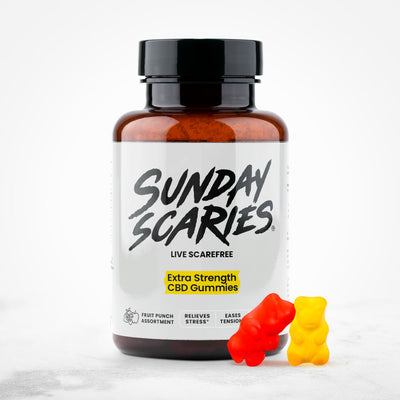 Extra Strength CBD Gummies
Stress Relief
Extra Strength CBD Gummies
Stress Relief
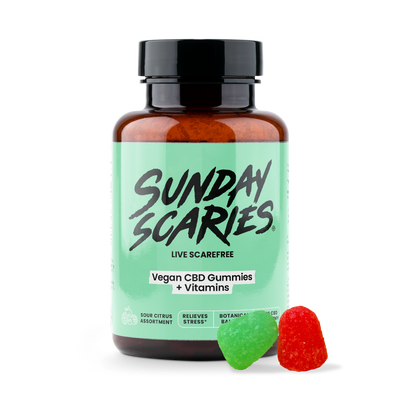 Vegan CBD Gummies
Stress Relief
Vegan CBD Gummies
Stress Relief
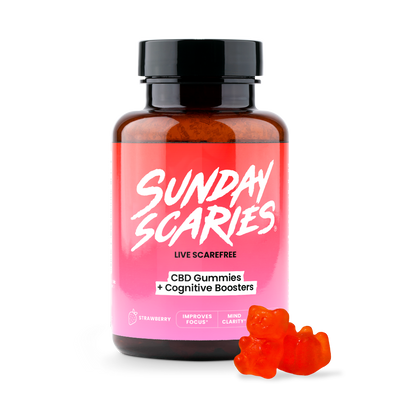 CBD Gummies for Focus
Focus Boost
CBD Gummies for Focus
Focus Boost
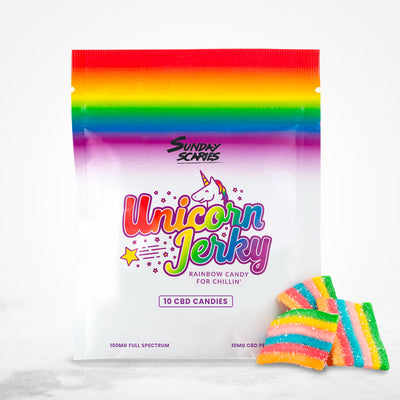 CBD Candy
Mood Lift
CBD Candy
Mood Lift
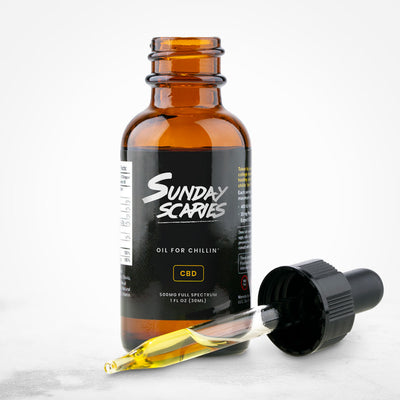 CBD Daytime Oil
Stress Relief
CBD Daytime Oil
Stress Relief
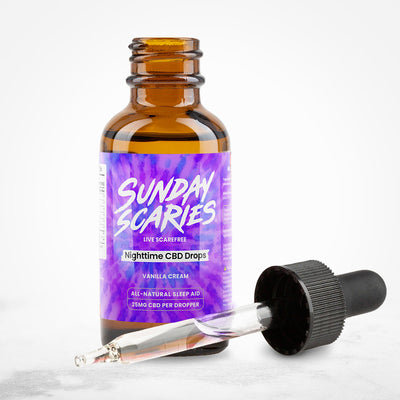 CBD Sleep Oil
Sleep Aid
CBD Sleep Oil
Sleep Aid
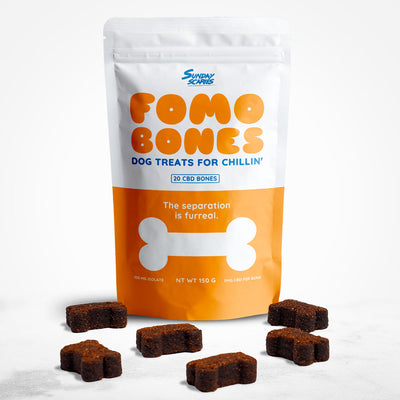 CBD Dog Treats
Stress Relief
CBD Dog Treats
Stress Relief
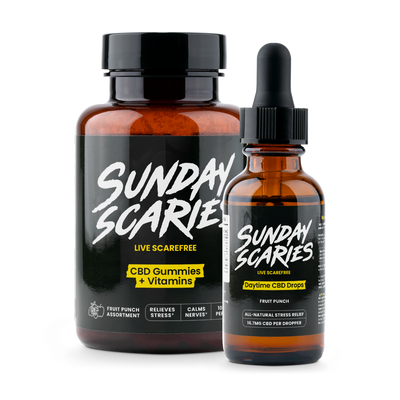 Side Piece Bundle
Stress Relief
Side Piece Bundle
Stress Relief
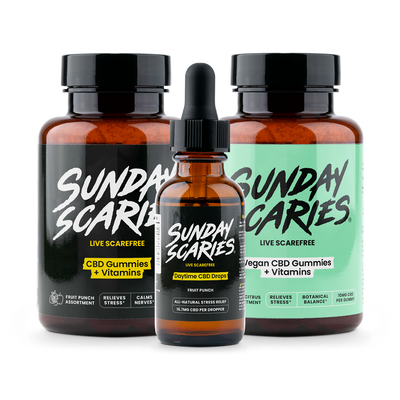 Rando Bundle
Stress Relief
Rando Bundle
Stress Relief
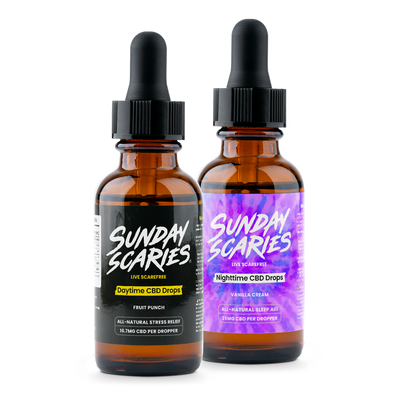 Sunrise & Sunset CBD Oil Bundle
Stress Relief
Sunrise & Sunset CBD Oil Bundle
Stress Relief
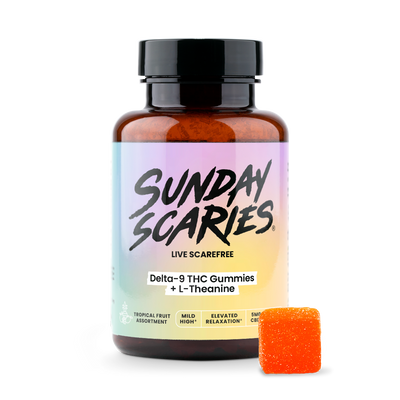 5mg Delta-9 Gummies
Euphoria
5mg Delta-9 Gummies
Euphoria
 10mg Delta-9 Gummies
Euphoria
10mg Delta-9 Gummies
Euphoria
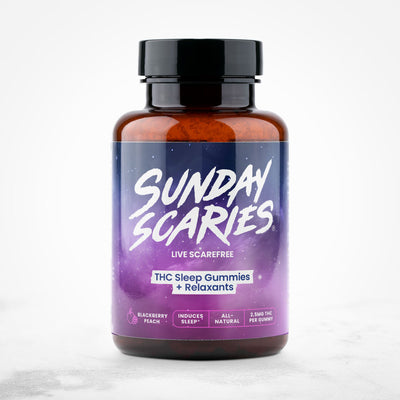 THC Gummies for Sleep
Sleep Aid
THC Gummies for Sleep
Sleep Aid
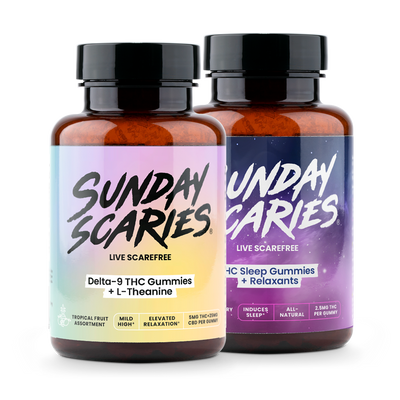 Day & Night THC Gummies Bundle
Stress Relief
Day & Night THC Gummies Bundle
Stress Relief
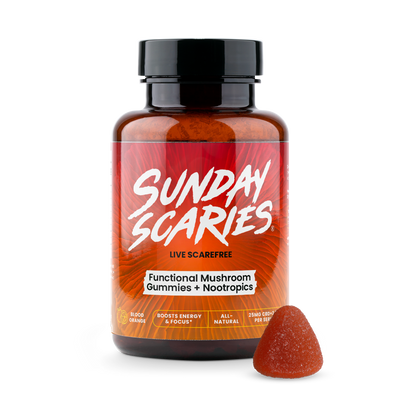 Mushroom Gummies
Focus Boost
Mushroom Gummies
Focus Boost
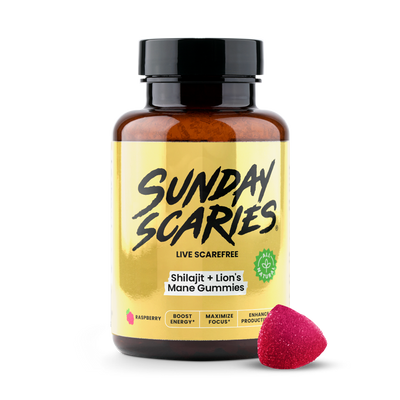 Shilajit Gummies
Focus Boost
Shilajit Gummies
Focus Boost
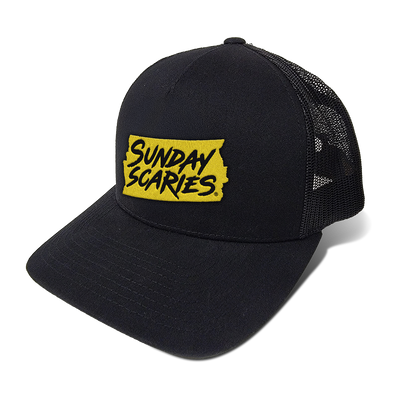 Sunday Scaries Hat
Sunday Scaries Hat
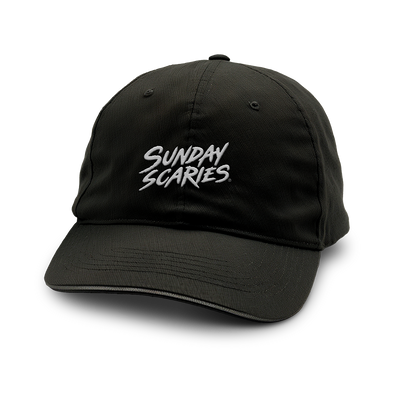 Sunday Scaries Dad Hat
Sunday Scaries Dad Hat
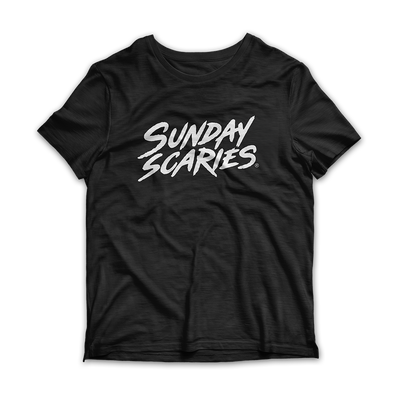 Sunday Scaries T-Shirt
Sunday Scaries T-Shirt
 Sunday Scaries Pocket Tee
Sunday Scaries Pocket Tee
 Sunday Scaries Tank Top
Sunday Scaries Tank Top
 Sunday Scaries Sweatshirt
Sunday Scaries Sweatshirt
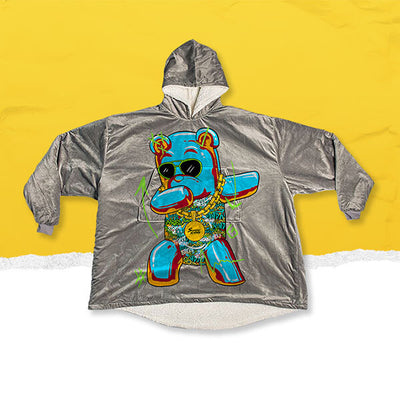 Sunday Scaries Blanket Jacket
Sunday Scaries Blanket Jacket
 Sunday Scaries Sweatpants
Sunday Scaries Sweatpants
